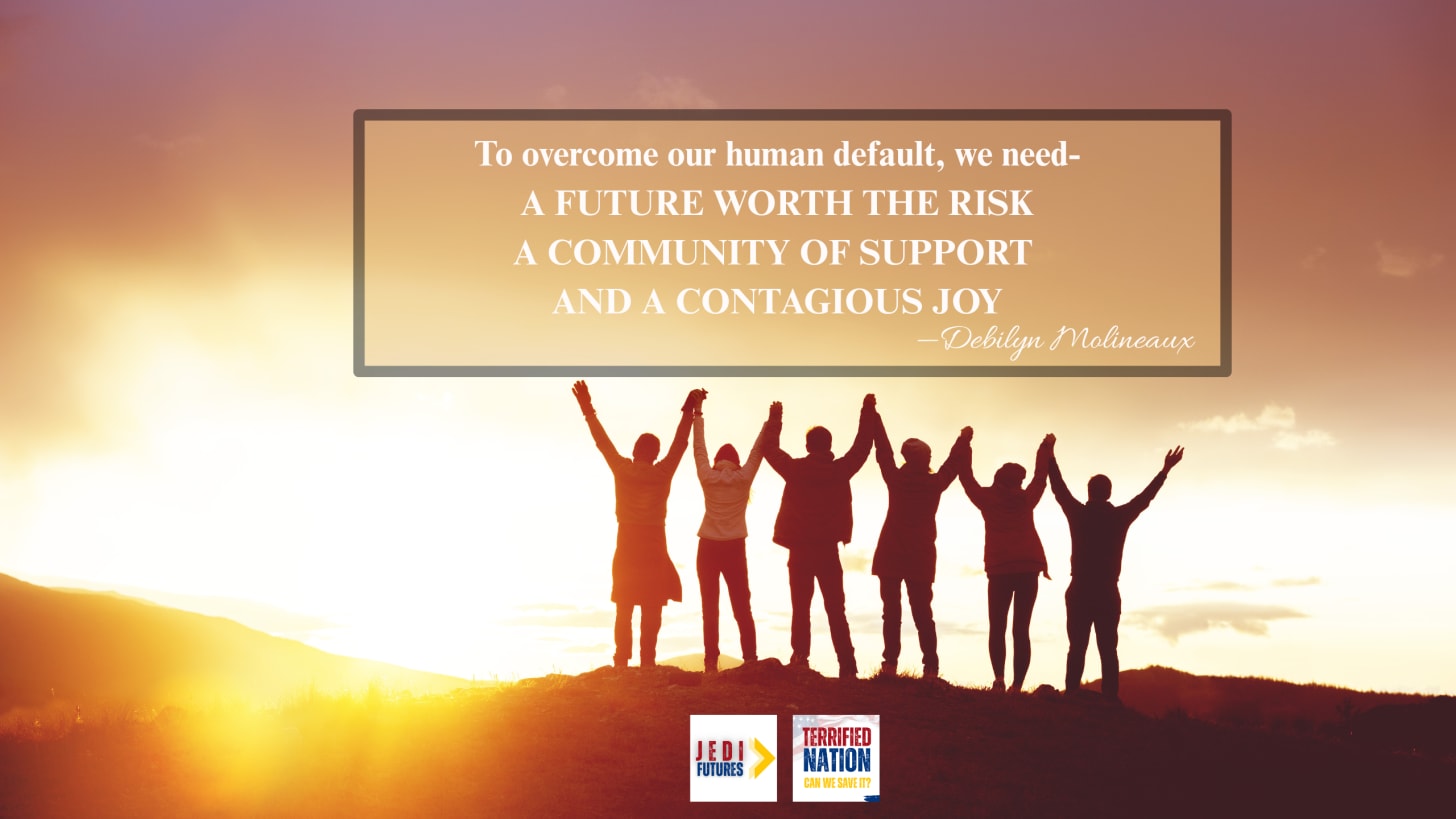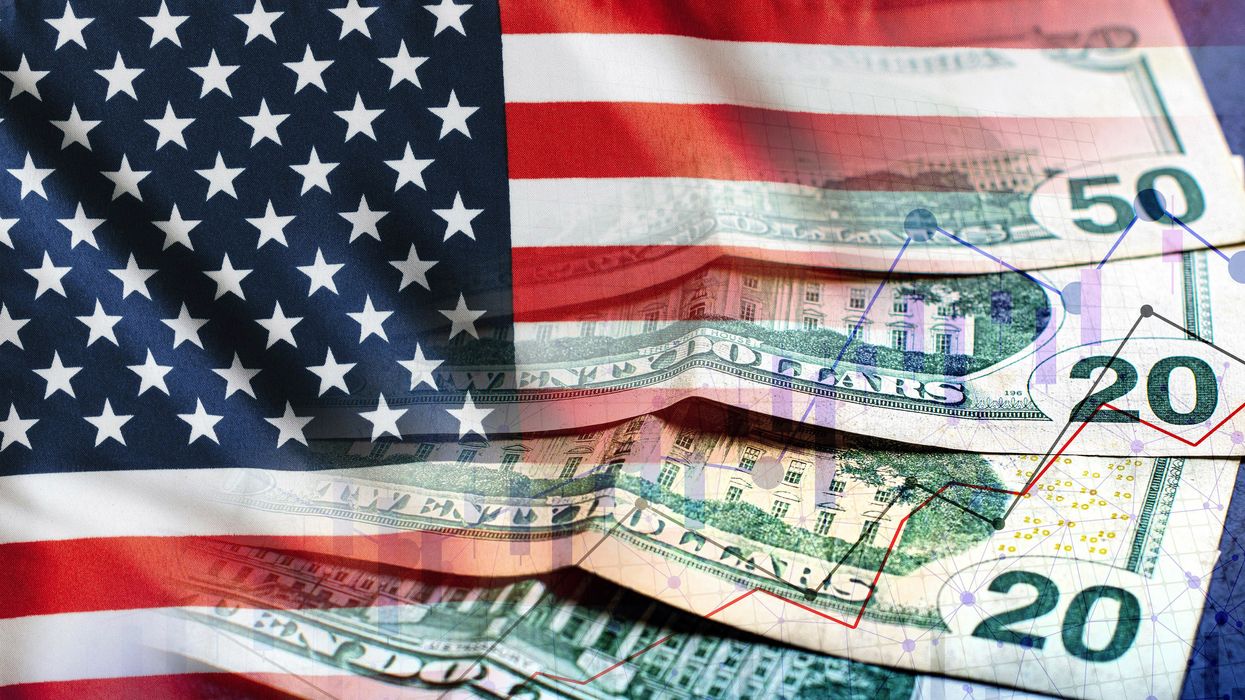We all want an America where hard work pays, families thrive, and the American Dream is real again. Greatness starts with dignity for workers, safety for communities, and a fair shot for every kid. The promise is simple: if you put in the work, you should be able to raise a family and get ahead—period.
So why do we cling to what is obviously not working for everyday people?
Reflect on the good ole’ days of 2019, and the status of basic societal pillars.
- Schools — National reading scores were slipping even before the pandemic (2019 NAEP showed declines), even as graduation rates had risen over the decade.
- Healthcare — We spent far more than peer nations while getting worse overall outcomes.
- Housing — Costs were straining low- and middle-income households; the supply of low-rent units had fallen and cost burdens were rising.
- Higher education — Student debt hit about $1.6T by mid-2019, with burdens concentrated among lower-income and first-gen students.
- Energy — The U.S. maintained energy-sector tax preferences (including for fossil fuels), and global analyses that include unpriced pollution show very large “post-tax” fossil subsidies in 2019. Meanwhile, U.S. emissions remained a major health and climate threat.
I would consider these economic indicators to be alarming. They are big red flashing signs that the economy isn’t working for everyone. Stop and consider your own life for a moment. What is working well for you? What isn’t? And what actions are you taking to change what isn’t working in your life?
For most of us, making change is really, really hard. We think about it for a fleeting moment and then it passes—we keep doing what we have to do to survive inside the current societal and economic systems.
The economic models that once turbo-charged a (mostly white) mid-century middle class are now producing a reality where many working people can’t get ahead.
Stay with me for a quick detour into Buddhism—then we’ll come right back to the U.S. economy.
In Buddhism, there’s an ideal called “right livelihood.” Five livelihoods to avoid are often named as:
- The business of butchery, killing animals
- The trade in weapons, explosives and instruments of death
- Trading in humans, slavery, or the flesh of beings for slaughter
- Trading in poisons and toxic substances
- Trading in intoxicants and drugs
Back to the U.S. economy. Look at where outsized profits often flow in our system. In modern terms, these map to:
- Meat packing / big-game tourism
- Defense industry
- Prison industry
- Chemical & energy industries
- Big Pharma
And of course, there are illegal versions, too:
- Poaching and wildlife smuggling
- Mercenaries, illicit arms
- Human trafficking
- Toxic dumping
- Drug cartels
When I first discovered the “right livelihood” list, I wanted to adopt it immediately. I wasn’t working in those trades. I wasn’t invested in the stock market. But I ate meat. I took prescription pills. I drank alcohol. Hmm.
The more I studied these high-profit sectors, the more it occurred to me: our economy is breaking because it fails to reward life-giving outcomes. That’s part of why we’re in a transformative (disruptive) time. (For example, in 2019 the U.S. still emitted over 6.5 billion metric tons CO₂-equivalent, and global health research linked millions of premature deaths each year to pollution—costs the market often doesn’t price in.)
So why are we clinging to a system that was set up to fail us? Why not grieve the loss and begin building what comes next—something more wholesome?
That’s what a future economy could incentivize: wholesome outcomes. What would we have to change about ourselves to do it?
Here’s where our resistance to change matters most and why we cling to what is obviously not working for all.
The system may be broken and even irreparable. But we know it. We work around it. We cling to it because it’s familiar. We resist change not because we don’t want it, but because it is uncertain. And certainty feels like safety, even when that safety is bad for us.

To overcome our human default, we need three things:
- A future worth the risk. Picture it vividly. Most of all, FEEL it deeply in your bones.
- A community of support. Compare visions, swap tools, back each other up.
- Contagious joy. Communicate with clarity and delight—enough to short-circuit algorithms that prey on outrage and keep us stuck.
In short: a worthy vision, a supportive community, and joy. Then more joy.
Practice makes progress. If we dedicate ourselves to becoming this—a little more each day—we’re far more likely to succeed.
Or… we can keep clinging to what is.
It’s our choice.
The Economic Models that Made America Great Are Broken was first published on Debilyn Molineaux's Substack platform and republished with permission.
Debilyn Molineaux is a storyteller, collaborator & connector. For 20 years, she led cross-partisan organizations. She currently holds several roles, including catalyst for JEDIFutures.org and podcast host of Terrified Nation. She also works with the Center for Collaborative Democracy, which is home to the Grand Bargain Project as a way to unify Americans by getting unstuck on six big issues, all at the same time. She previously co-founded BridgeAlliance, Living Room Conversations, and the National Week of Conversation. You can learn more about her work on LinkedIn.




















Trump & Hegseth gave Mark Kelly a huge 2028 gift